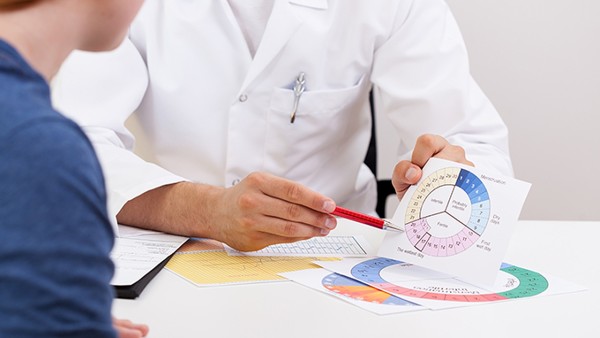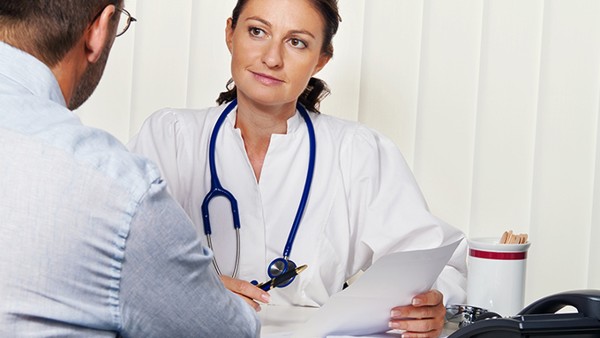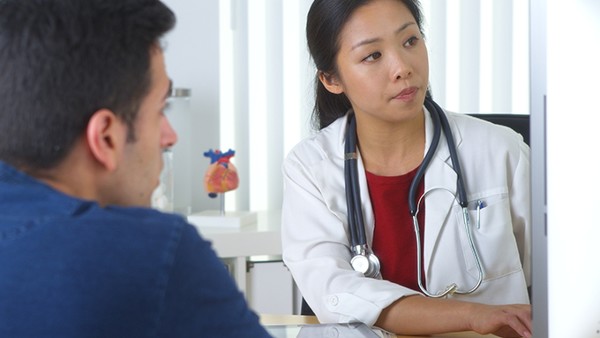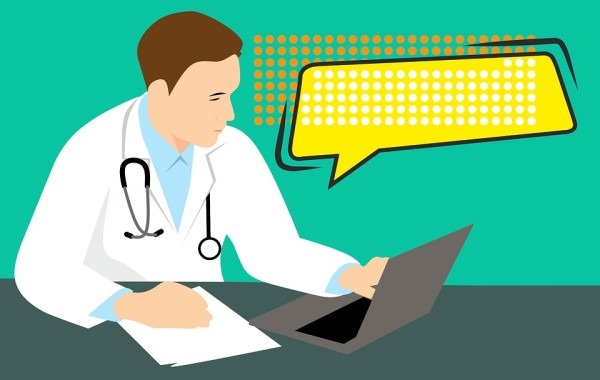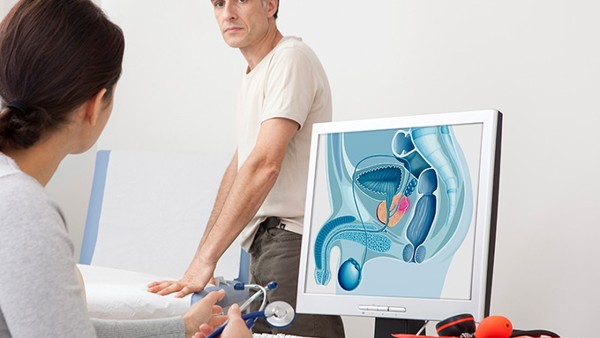Treatment Steps for Induced Abortion Infection
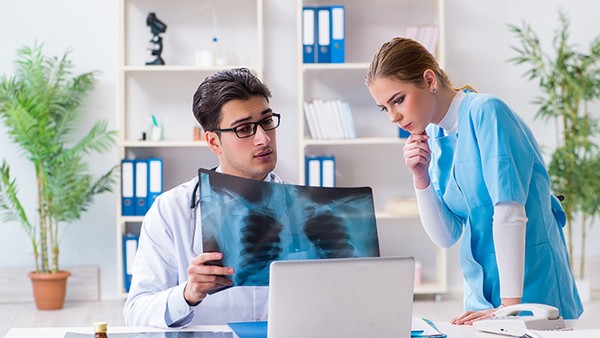
Introduction
Induced abortion is a safe and legal medical procedure that ends a pregnancy. However, like any medical procedure, there is a small risk of infection. An infection after an induced abortion is called post-abortion endometritis.
Post-abortion endometritis is usually treated with antibiotics. The choice of antibiotic will depend on the type of bacteria that caused the infection. In some cases, surgery may be necessary to remove the infected tissue.
Symptoms of Post-Abortion Endometritis
The symptoms of post-abortion endometritis can vary depending on the severity of the infection. Some women may only have mild symptoms, while others may experience more severe symptoms.
Common symptoms of post-abortion endometritis include:
Fever
Chills
Nausea
Vomiting
Diarrhea
Abdominal pain
Pelvic pain
Vaginal discharge
Heavy bleeding
Diagnosis of Post-Abortion Endometritis
Post-abortion endometritis is diagnosed based on the symptoms and a physical examination. The doctor may also order one or more of the following tests:
Blood test
Urine test
Ultrasound
Biopsy
Treatment of Post-Abortion Endometritis
The treatment for post-abortion endometritis is antibiotics. The choice of antibiotic will depend on the type of bacteria that caused the infection. Common antibiotics used to treat post-abortion endometritis include:
Clindamycin
Doxycycline
Metronidazole
Levofloxacin
Ofloxacin
In some cases, surgery may be necessary to remove the infected tissue. Surgery is usually only necessary if the infection is severe or does not respond to antibiotics.
Prevention of Post-Abortion Endometritis
There are a number of things that women can do to prevent post-abortion endometritis, including:
Following the doctor's instructions. After an induced abortion, the doctor will provide instructions on how to care for the vagina and prevent infection. It is important to follow these instructions carefully.
Keeping the vagina clean. Women should wash the vagina with soap and water every day. They should also avoid using tampons or douches, as these can introduce bacteria into the vagina.
Using condoms during sex. Women should use condoms during sex to prevent the spread of bacteria.
Getting regular checkups. Women should have regular checkups with their doctor to screen for any signs of infection.
Complications of Post-Abortion Endometritis
Post-abortion endometritis can lead to a number of complications, including:
Pelvic inflammatory disease (PID)
Infertility
Ectopic pregnancy
Sepsis
Conclusion
Post-abortion endometritis is a serious infection that can lead to a number of complications. However, the infection can be treated with antibiotics and, in most cases, women will make a full recovery.
The above is all the content that the editor wants to share with you. I sincerely hope that these contents can bring some help to your life and health, and I also wish that your life will be happier and happier.
Topic: #for #steps #treatment
